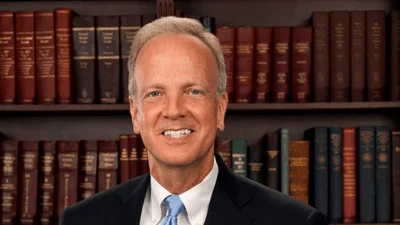Representative Alexandria Ocasio-Cortez of New York's 14th District has expressed her concerns and criticism regarding the Biden Administration's decision to accelerate the construction of certain portions of the border wall. In a strongly worded statement, Ocasio-Cortez stated, "The Biden administration was not required to waive several environmental laws to expedite the building of the border wall. The President needs to take responsibility for this decision and reverse course."
Ocasio-Cortez also emphasized the human cost and the ineffectiveness of walls in deterring desperate migrants. She pointed out, "A wall does nothing to deter people who are fleeing poverty and violence from coming to the United States. You do not risk your life or your children's lives going through the Darién Gap or traversing hundreds of miles of desert if you have any other options. Walls only serve to push migrants into more remote areas, increasing their chances of death. It is a cruel policy."
The representative called for a more comprehensive approach, suggesting that the U.S. delve deeper into the root causes of migration. She stated, "Instead, the U.S. must take examining the root of migration more seriously, re-examine policy towards Latin America, and stop contributing to the destabilization that drives migration - as Senator Marco Rubio's Venezuela sanctions have done. We also have to finally invest in meaningful immigration reform."
The discussions around the border wall intensified after Secretary Alejandro Mayorkas greenlit construction on October 5, 2023, focusing on specific parts of the Rio Grande Valley. These plans, which were made public through the Federal Register, target crucial sections of the Rio Grande Valley National Wildlife Refuge and strategic areas near main roads and junctions for enhancement.
The Federal Register provides a detailed list of specific locations in Texas, all within the jurisdiction of the Border Patrol's Rio Grande Valley Sector, designated for barrier and road development. The main justification for these choices is the significant increase in illegal entries. These sites include areas south of the Falcon Dam stretching southeastward, locations contiguous to several parcels of the Lower Rio Grande Valley National Wildlife Refuge, and proximities to major roadway intersections, such as Perez Road and U.S. Highway 83.
One notable aspect of the announcement is the Department of Homeland Security's (DHS) decision to expedite the initiative by bypassing specific legal provisions. This includes regulations that ensure environmental, archaeological, and historical protections.









